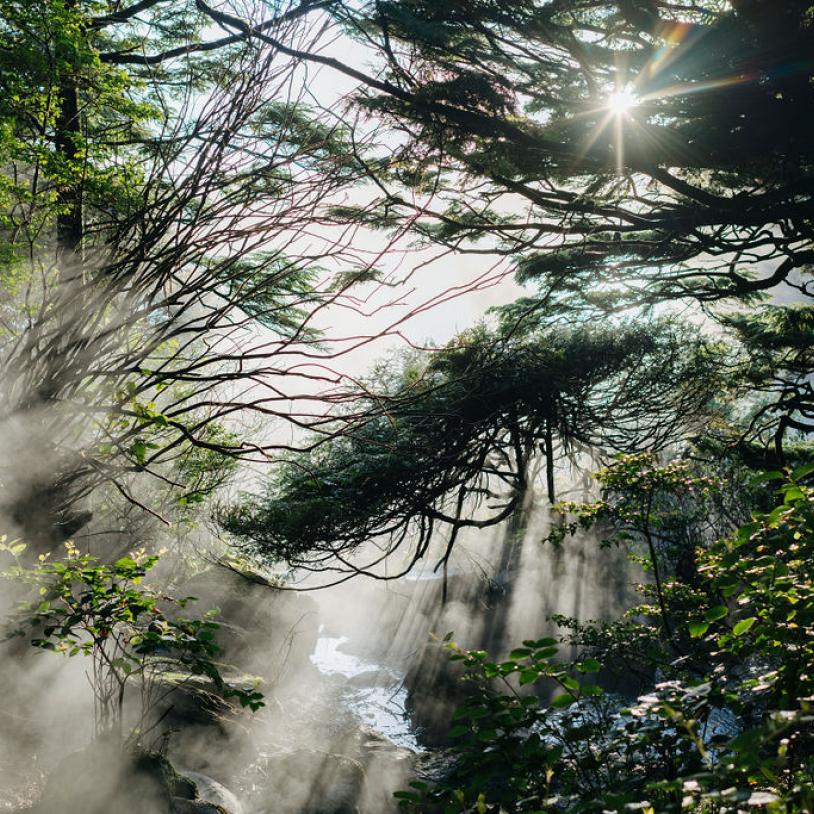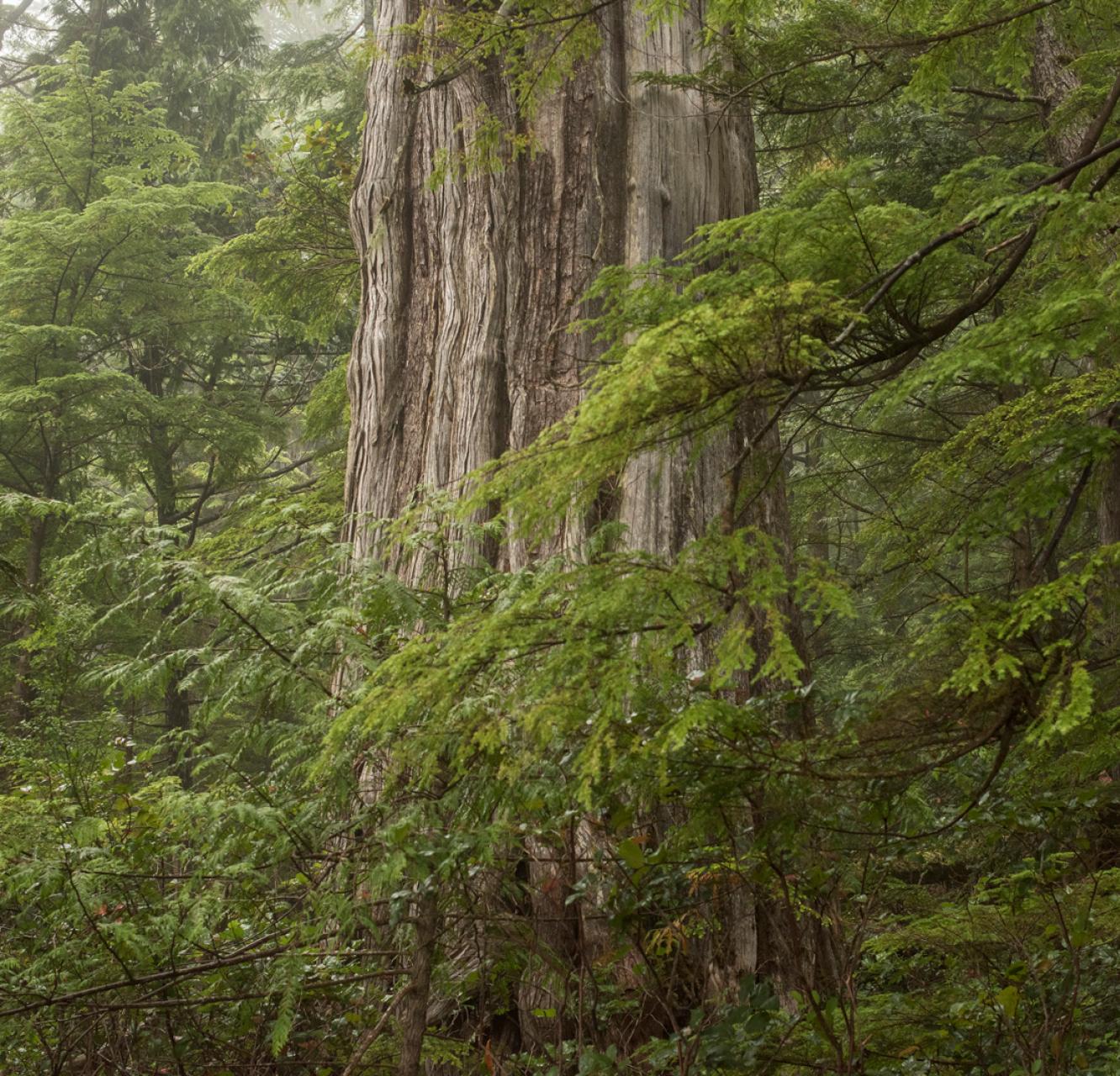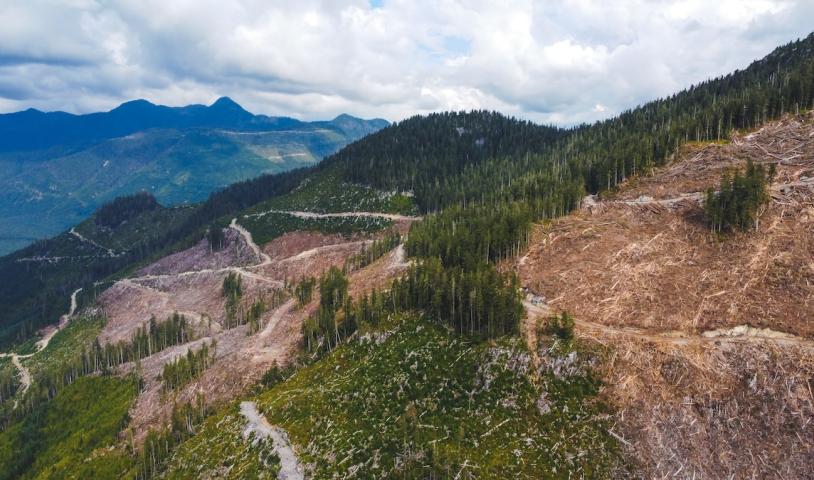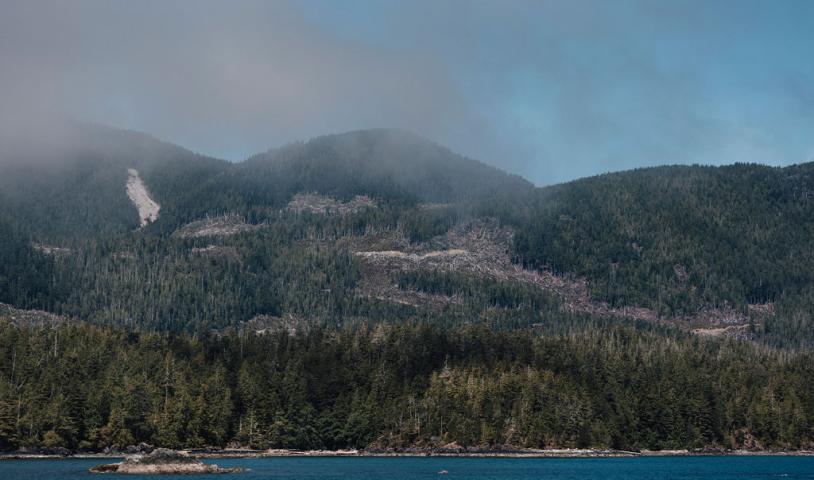BC not on track to meet milestones for old‑growth, First Nations and forestry transition
Wednesday, March 10, 2021Environmental organizations issue report card six months after publication of old-growth panel recommendations
VICTORIA (Unceded Lekwungen Territories) — Ancient Forest Alliance, Sierra Club BC and Wilderness Committee issued a report card today assessing the B.C. government’s progress on protecting old-growth forests. Today marks exactly six months since the provincial government published the report from its independent old-growth panel. Premier John Horgan promised to implement the panel’s recommendations “in their totality” shortly after.
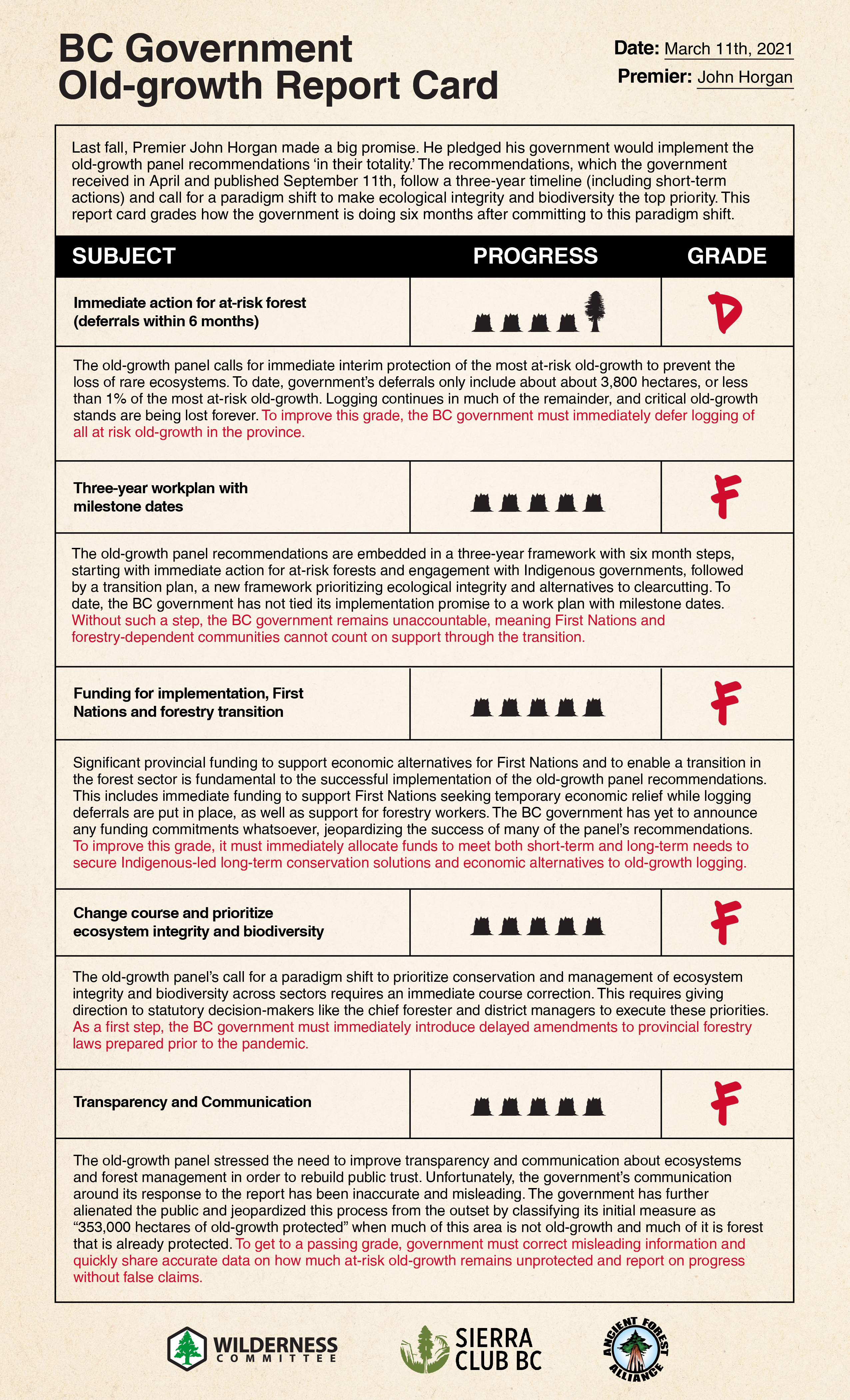
The panel called for a paradigm-shift to safeguard the biodiversity of forests in B.C. with a three-year framework, including logging deferrals for all at-risk old-growth forests within the first six months. Half a year later almost all at-risk forests remain open for logging and the B.C. government has not developed a plan with milestone dates and funding.
“Government promised a ‘new direction’ for old-growth forests and then spent six months dragging its heels and refusing to protect the most endangered stands,” said Andrea Inness, campaigner for the Ancient Forest Alliance. “The government published the recommendations six months ago, but it received the report containing them on April 30, 2020 — by any measure they've missed this crucial deadline.”
Endangered old-growth stands across the province continue to be targeted by logging companies and the exact forests the panel called for urgent action to protect are being lost. At the same time, the lack of a concrete plan is leaving First Nations and forestry workers with uncertainty about whether conservation, economic diversification and the transition to sustainable second-growth forestry will be adequately funded.
“As long as we continue to rely on a dwindling supply of endangered old-growth forests, B.C.’s forest sector will continue to face uncertainty and instability,” said Cam Shiell, environmental sustainability officer with the Public and Private Workers of Canada, a union that represents thousands of workers in the B.C. forest industry.
“The provincial government can’t delay action any longer, it must take meaningful steps to protect old-growth forests, lead the transition to sustainable, value-added second-growth forestry and create the forest industry of the future.”
The organizations’ report card grades progress on five key areas related to the 14 recommendations: immediate action for at-risk forests (D), three-year work plan with milestone dates (F), charting a new course prioritizing ecosystem integrity and biodiversity (F), funding for implementation, First nations conservation and forestry transition plans (F) and transparency and communication (F).
“Promising a new direction and then avoiding any meaningful action to ensure the most at-risk old-growth forests are protected is not a ‘paradigm shift,’ it’s the same old talk and log,” said Jens Wieting, forest and climate campaigner at Sierra Club BC. “The Horgan government is getting terrible grades on old-growth, and is currently failing to keep one of its key election promises.”
In its initial response in September, the province acknowledged status quo management of old-growth forests had “caused a loss of biodiversity,” recognized the “need to do better” and announced nine deferral areas encompassing 353,000 hectares. Horgan and the BC NDP have claimed these deferrals ‘protected old-growth,’ but a closer review revealed most of this area is either already under some form of protection or is second-growth forest and still open to logging.
According to independent experts, as of 2020, only about 415,000 hectares of old-growth forest with big trees remain in B.C., mostly without protection. Only 3,800 hectares or one per cent of the remaining fraction of this kind of forest was included in the government’s deferral areas. Old-growth logging continues at an average rate of hundreds of soccer fields per day, always targeting the biggest accessible trees that remain.
The old-growth panel report found broad agreement for a paradigm-shift to respond to the biodiversity crisis in B.C.’s forests which reflects polling results showing more than 90 per cent support for old-growth protection. The lack of social license or free, prior and informed consent for continued old-growth logging in the province is also highlighted by the ongoing blockades at Fairy Creek on unceded Pacheedaht territory (southern Vancouver Island), which have been in place for seven months.
“Nothing the Horgan government has done so far is preventing the most endangered old-growth forests in the province from being mowed down, and the public knows it,” said Torrance Coste, national campaign director for the Wilderness Committee. “The BC government must immediately defer logging in at-risk old-growth and commit substantial funding to support the economic diversification of First Nations and forestry communities to ensure the long term sustainability of both jobs and the environment.”
Ancient Forest Alliance, Sierra Club BC and the Wilderness Committee will continue to mobilize their tens of thousands of supporters and hold the government accountable for its old-growth promises. The next report card will be issued on Sep. 11, 2021.
–30–
For background and additional information click here.
For more information, please contact:
Torrance Coste, National Campaign Director, Wilderness Committee
250-516-9900, torrance@wildernesscommittee.org
Jens Wieting, Senior Forest and Climate Campaigner/Science Advisor, Sierra Club BC
604-354 5312, jens@sierraclub.bc.ca
Andrea Inness, Campaigner, Ancient Forest Alliance
778-953-5983, andrea@ancientforestalliance.org
